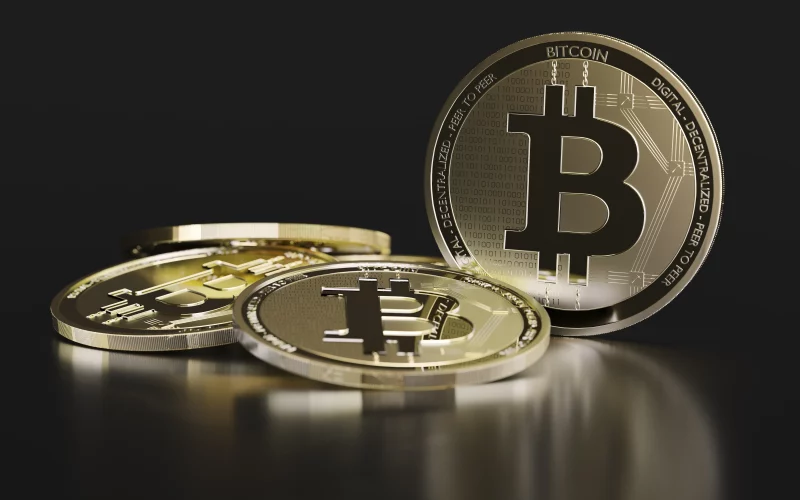In the realm of finance, few phenomena have captured the imagination and divided opinions quite like Bitcoin. Since its inception in 2009 by the pseudonymous Satoshi Nakamoto, Bitcoin has evolved from a niche experiment into a global financial force, challenging conventional notions of currency and investment. Now, as the United States grapples with economic shifts and digital innovation, Bitcoin’s role in shaping the nation’s financial landscape is more significant than ever.
Bitcoin Rise in the American Economy
In recent years, Bitcoin has increasingly become a topic of interest for economists, policymakers, and investors alike. Its decentralized nature, limited supply, and borderless transactions have attracted a diverse array of supporters, ranging from tech-savvy libertarians to institutional investors seeking portfolio diversification.
The American Dream, a concept deeply ingrained in the nation’s ethos, has found a new manifestation in the realm of digital currency. For many, Bitcoin represents not just an investment opportunity but a symbol of financial empowerment and autonomy. Its promise of financial inclusion resonates particularly strongly in a country where access to traditional banking services remains a challenge for millions.
Moreover, Bitcoin’s emergence coincides with broader shifts in the US economy, characterized by technological disruption and changing consumer behavior. As industries adapt to digitalization and remote work becomes increasingly prevalent, the need for efficient and secure digital payment systems has never been greater. In this context, Bitcoin offers a compelling alternative to traditional banking infrastructure, with its ability to facilitate peer-to-peer transactions across borders in a matter of minutes.
Challenges and Criticisms

However, Bitcoin’s ascent has not been without its challenges and criticisms. Volatility remains a persistent issue, with prices experiencing dramatic fluctuations that can unsettle both investors and consumers. Moreover, concerns about its environmental impact, stemming from the energy-intensive process of Bitcoin mining, have prompted calls for greater sustainability measures within the industry.
Regulatory uncertainty also looms large, as governments worldwide grapple with how to classify and regulate cryptocurrencies. In the United States, debates over the appropriate regulatory framework for Bitcoin and other digital assets continue to unfold, with implications for taxation, consumer protection, and financial stability.
The Future of Bitcoin in America
Despite these challenges, the future of Bitcoin in America appears promising. As more mainstream financial institutions embrace cryptocurrencies and innovative technologies such as blockchain, Bitcoin’s integration into the US economy seems inevitable. Already, major corporations have begun to allocate portions of their balance sheets to Bitcoin, signaling a growing acceptance of digital assets as legitimate stores of value.
Moreover, the rise of decentralized finance (DeFi) platforms built on blockchain technology holds the potential to revolutionize traditional financial services, offering greater accessibility and transparency to users. In this evolving landscape, Bitcoin’s status as the pioneer of cryptocurrency remains unchallenged, serving as both a beacon of innovation and a catalyst for change in the American economy.
Conclusion
In the saga of Bitcoin’s journey from obscurity to prominence, the United States occupies a central role. As the world’s largest economy and a hub of technological innovation, America’s embrace of Bitcoin carries profound implications for the future of finance and society at large. Whether Bitcoin ultimately fulfills its promise of democratizing finance and realizing the American Dream remains to be seen. Yet, one thing is certain: its impact on the US economy’s transformation is undeniable, shaping the contours of a new financial frontier in the digital age.










